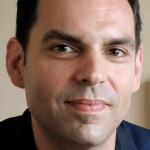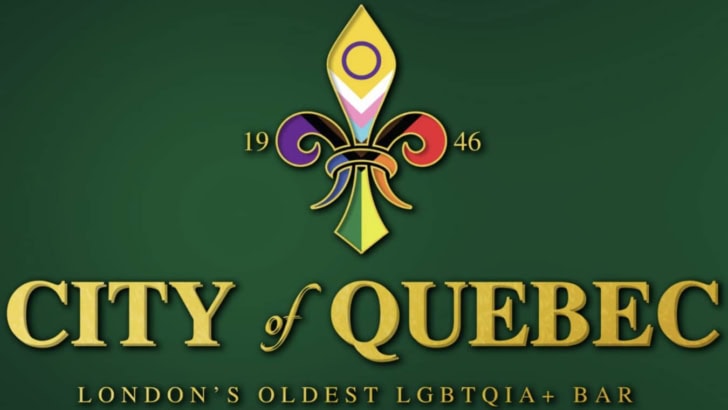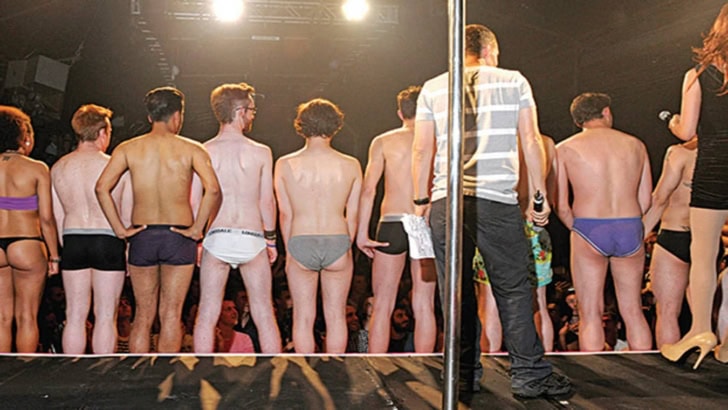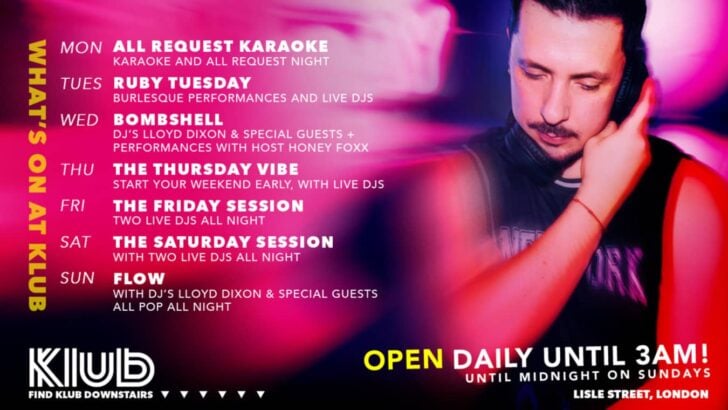 Dr Christopher Whiteley: Consultant Clinical Psychologist
Dr Christopher Whiteley: Consultant Clinical Psychologist
Gay men are much less likely to seek help for mental health problems perhaps because of concerns of prejudice. I recently started therapy with a gay man who told me about a prior therapy he had engaged with. It hadn’t helped him.
He attended all the sessions and did what was asked of him, the therapist sounded competent in therapy skills. But the therapist never offered him a space to say that he was gay, and proceeded as if he was straight.
As a result the client hadn’t had the chance to say anything about his experiences of coming out, his previous violent partner, that he had lost touch with the gay men’s choir he used to so enjoy and that from time to time he felt really guilty about the rare occasions when he barebacked in sex clubs. And when the therapist asked about his relationship with his family, he didn’t know what to say. His family are ‘great’ but there have been times when things have been really complicated.
Maybe someday soon gay men’s mental health will receive the same attention that gay men’s HIV status does. And who knows one day the connections between them will be noticed.
 Carolyn Cowan on self-objectification: https://carolyncowan.com/
Carolyn Cowan on self-objectification: https://carolyncowan.com/
Objectification: to see the other as parts, to ignore the whole, to de-personalise, to de-humanise, to fetish.
Self objectification: to see oneself as nothing more than an object, a cock, an anus, dis-embodied judgement of the self without regard for human frailty, without compassion, without kindness. To judge and usually to denigrate.
Many of us indulge in these two ways of viewing our selves and others in our sexual expression.
The gay scene is rife with body-objectification, making gods out of those with large cocks and 6 packs, glorifying youth and beauty.
What if you do not conform to the current “ideal”, what if you are ageing, plump, small-penis owning? How do you manage yourself and your mental health in the vast market place that is the current garden of male homosexuality? How do you accept being nothing but perfection personified if you do fit the “ideal”?
All of the above ways of relating to one’s self and the other deny intimacy. Intimacy is the step out of loneliness and isolation. These behaviours described above all isolate us.
 Tim Foskett: www.lovingmen.org
Tim Foskett: www.lovingmen.org
While things have certainly improved legally in the last 20 years, most gay/bi men still grew up in a climate that was far from affirming. The messages that our sexuality was dangerous, disgusting or disgraceful came through to most of us loud and clear, in both subtle and direct ways. That has an impact.
And while we may be able to function well in the world, many of us do so while fighting an internal critic that leaves us feeling less-than or worse in various ways. This may be very subtle. Many gay/bi men are not even aware of it, they may have built defences to manage it, and to build successful lives.
That’s great – but it’s not the same as facing our demons and challenging them. And spending time building real self-worth that animates and enriches our lives from the inside out.
 Silva Neves: www.silvaneves.co.uk
Silva Neves: www.silvaneves.co.uk
I believe that the common problem that gay men face is shame. Despite the step forward of equal marriage and other equality laws to protect us in the UK, we are a community that still experiences discrimination. Gay people are over-represented in the mental health system with depression, self-harm, addiction and suicide attempts.
One thing that we all have in common is that we grew up in a straight world. Therefore, it means that we absorbed homophobic messages in childhood. The most common messages are:
‘If you’re not good at sports you’re a sissy’
‘Gay people are disgusting’
‘It’s not normal to be gay’.
This is emphasised by experiences at school. Calling something ‘gay’ is done so pejoratively, suggesting that something is faulty, broken or worthless.
As well as the homophobic messages absorbed throughout childhood, gay people often feel different from their school peers, even before they are aware of their sexuality, or what being gay means.
This feeling of being different translates into the subconscious with a message similar to: ‘I am wrong’. And this message is the seed of shame.
 Remziye Kunelaki: Lead Psychosexual Therapist: 56 Dean Street
Remziye Kunelaki: Lead Psychosexual Therapist: 56 Dean Street
In my clinical experience gay men are still struggling to address issues around self–esteem, confidence, depression, body image, anxiety and, at times, internalised homophobia and the need for validation. The way some of these problems are manifested are as symptoms of another problem to the extent of self-harming.
There is such a pressure to look perfect and to maintain a fully erect penis on demand, which is not sustainable. In my experience, a loss of an erection has a universal effect on a man’s sense of manhood regardless of their sexuality or ethnic origin.
In addition, a lot of men that attend the clinic, would like to be part of an intimate relationship but are unable to engage in one, due to the easier access to casual partners, which extends the deeper sense of loss and loneliness.
The focus of the psychosexual team at 56 Dean Street is to bring the attention back to self-care and to what really matters for the individual. The body has become too neglected, whilst the mind has taken the lead on trying to satisfy every fantasy. The need to focus on the body’s needs and allow a healthier connection between body and mind is crucial.
 Lukasz Konieczka, Manager of Mosaic Youth: Young People’s Mental Health Challenges
Lukasz Konieczka, Manager of Mosaic Youth: Young People’s Mental Health Challenges
Young people are subjected to enormous pressures. In addition to that, I believe that living in the society in which you still have to ‘come out’ as LGBT does not help the matter. Holding on to a dear secret that can put us at risk or ‘shame’ us increases anxiety and can lead to depression. There is a research that confirms that people who come out early generally enjoy better mental health.
Additionally one might find a person of the same sex attractive, but they can’t confide in their friends often fearing rejection. Religious beliefs often referring to this secret as ‘dirty’ and ‘sinful’ further hurts our defensive mechanisms that are still working full steam on day to day issues of school, friendships and family issues that all young people experience!
I see young people every day coming to the centre to essentially ‘meet people like me’. We all thrive around people who share our story. Having a space where they can ‘be themselves’ is vital.
 Dominic Davies: www.pinktherapy.com
Dominic Davies: www.pinktherapy.com
Intimacy
I think one of the biggest challenges facing gay men’s mental health is the desire to connect to others and the fears of doing so. Grindr makes it very easy to get sex, when really you seek intimate connection. Chemsex creates a feeling of intimacy for the duration of the high, but both can often lead to emptiness and isolation and existential loneliness.
The consequences are depression and anxiety and often a feeling of inadequacy and inferiority. But at the core is a search for connection and intimacy. These are some of the core areas I am working with as a therapist of over 30 years’ experience with gay and bi men.

 Dr Christopher Whiteley: Consultant Clinical Psychologist
Dr Christopher Whiteley: Consultant Clinical Psychologist Carolyn Cowan on self-objectification:
Carolyn Cowan on self-objectification:  Tim Foskett:
Tim Foskett:  Silva Neves:
Silva Neves:  Remziye Kunelaki: Lead Psychosexual Therapist: 56 Dean Street
Remziye Kunelaki: Lead Psychosexual Therapist: 56 Dean Street Lukasz Konieczka, Manager of Mosaic Youth: Young People’s Mental Health Challenges
Lukasz Konieczka, Manager of Mosaic Youth: Young People’s Mental Health Challenges  Dominic Davies:
Dominic Davies: 
















